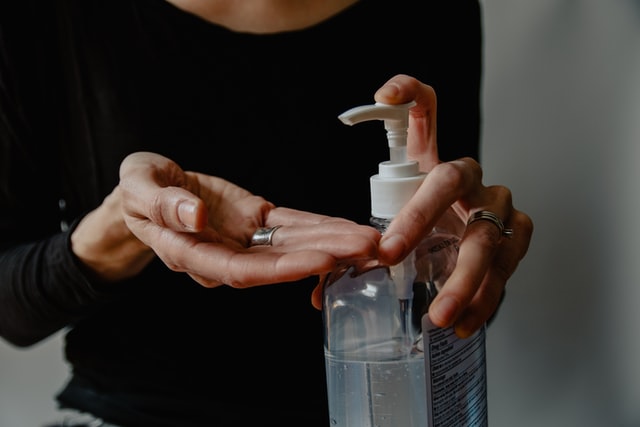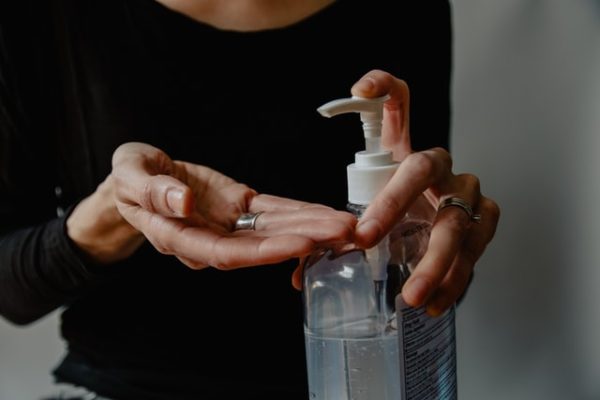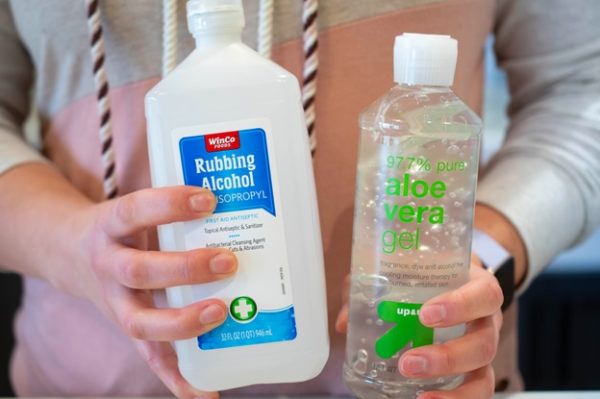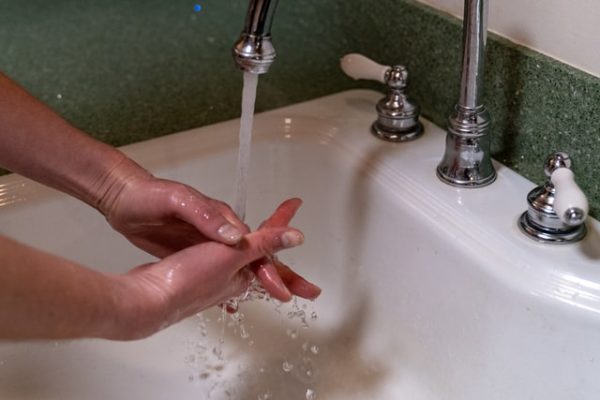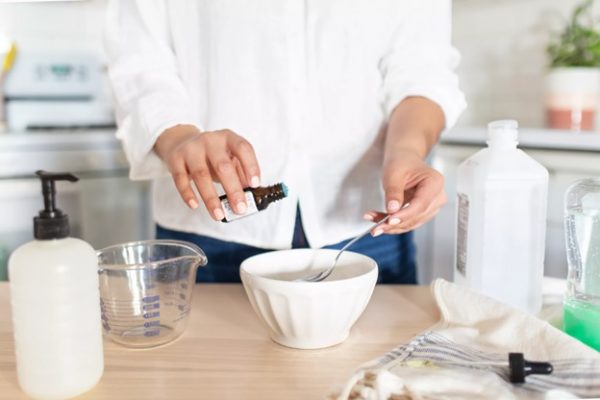A lot of us panicked when the coronavirus disease outbreak penetrated almost all countries in the world. This pandemic hit the economy and surged a high demand in basic necessities like water, toilet paper, and non-perishable foods – and they are disappearing fast from the shelves.
Source: Unsplash
Even the disappearance of hand sanitizers from the store shelves is not surprising. The good news is, you can take this opportunity to make your own sanitizers and have them labeled by a private label hand sanitizer if you plan on selling them.
Source: Pinterest
Why are Hand Sanitizers Significant in COVID-19 Outbreak?
Medical experts have said that one of the best precautionary measures is keeping your hands clean at this time of the COVID-19 pandemic. Proper handwashing should be practiced, and this method is actually pretty basic. Just wash your hands, apply soap, lather up for about 20 seconds, and rinse. Make sure you clean in between all fingers, back of hands, and under fingernails.
Source: Unsplash
Hand sanitizers, on the other hand, are generally recommended for access in lieu of handwashing in settings or locations where conventional handwashing is impossible to do. The World Health Organization (WHO) made a guideline on how to properly hand rub your hands using hand sanitizer that is good for 20-30 seconds.
Source: World Health Organization
While they are used as quick hand disinfectants, the Centers for Disease Control and Prevention (CDC) highlighted that although alcohol-based sanitizers can lessen hand microbes in some cases, they do not get rid of all types of germs.
Making Your DIY Hand Sanitizer
If you plan on formulating a hand sanitizer that would benefit you and your family, note that the ingredients must be measured accurately to produce a useful product. Or else, your plan of doing a good deed might end up harming your loved ones. Experts tell that the vital component to hand sanitizers is either isopropanol or ethanol and adding 60% or more of either alcohol in your sanitizer solution will likely perform well.
In addition, you should remember that the sanitizer is composed of elements that are dangerous if ingested, so make sure you will keep them in a resealable bottle. Ideally, hand sanitizers are packed in professional packaging machines, but you can do it on your own as long as you have the right containers.
Source: Pinterest
Isopropyl Hand Sanitizer
What you will need:
- Ingredients:
- ⅔ cup 99% isopropyl alcohol
- ⅓ cup aloe vera gel
- Materials:
- mixing bowl
- mixing utensil
- clean funnel
- clean dried bottle with a pump or resealable lid to store your DIY sanitizer
All you have to do is combine the two sets of ingredients. After mixing, funnel them into the container you set aside and use it as you require. You can always wash and reuse your empty hand sanitizer bottles.
For example, Becleanse doesn’t just make a great hand sanitize but also offers bottles and tubes. So you can use your bottle again and again.
Ethyl Hand Sanitizer
Can you transform a liquor into a hand sanitizer? Actually, you can! But, the drinking alcohol has to be at least 180 proof since you will have to mix it with aloe vera gel – and this will reduce the ethanol’s potency. Note that the final formula for hand sanitizer should be at least 60% for it to be effective.
Ethanol has been widely used since the late 18th century, and there are sufficient testimonies that ethanol does kill many viruses, including Middle East Respiratory Syndrome (MERS) and Severe Acute Respiratory Syndrome (SARS). However, a mere spray of ethanol is not enough because you still have to go through of entirely rubbing your hands, getting below fingernails and in between fingers to kill any lingering germs effectively.
Why is Pure Ethanol Generally Not Recommended?
What if you don’t have any rubbing alcohol or aloe gel, but you have ethanol, say a 120 proof liquor or higher. Will it work as a sanitizer? Yes, it might work. But it is generally not recommended. Why? This is due to the reduced exposure time. Thus, if you are formulating a do-it-yourself sanitizer, you must go with two portions of 180 proof ethanol or 99% isopropyl alcohol and one part of aloe.
In a Nutshell
In this time of COVID-19 crisis, taking precautions such as refraining from feeling panicky, staying at home – social distancing, and frequent handwashing can help reduce the spread of viral infections. Hand sanitizers can be a useful substitute for hand sanitizing whenever handwashing is not possible. Nevertheless, proper handwashing is always preferable than any other alcohol-based hand sanitizer.

